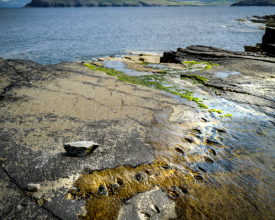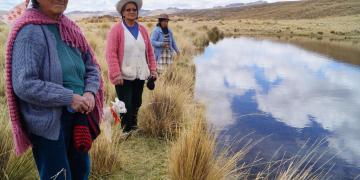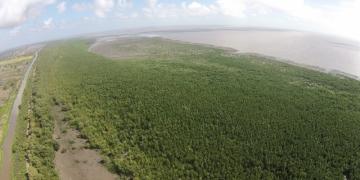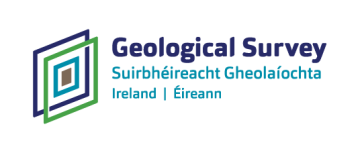
A national geological audit for the promotion and protection of our geoheritage and landscapes.
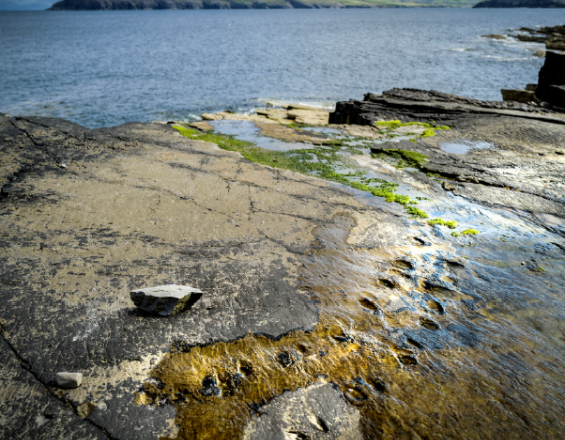
Ireland is known for its landscapes, influenced by agriculture, food, traditions, culture, climate and wild Atlantic location. The real influence on the Irish landscape is its geodiversity, a result of a complex geological history spanning 1.8bn years; a journey from the southern hemisphere, to the opening and closing of an ocean and the opening of a new ocean, to more recent shaping by glaciers and ice sheets. A report in 2017 showed that geotourism was worth €240m/yr to Irish economy, and over 8000 jobs. How do we support economic development of Ireland while protecting and promoting our geoheritage?
Over the last 17 years, Geological Survey Ireland, in association with local government, the Heritage Council of Ireland, and National Parks and Wildlife, has commissioned geoheritage audits of each local administration area. The audits are based on 16 geological themes; original lists of sites were drawn by panels of theme experts. This process is nearing completion, with 27 of the 31 local authority areas finished.
Impacts
The audited sites are known as County Geological Sites (CGS) and are incorporated into local authority County Development Plans (CDP), policies and objectives; affording CGS protection through the planning process against potentially damaging developments. The audits give strength to comments submitted in relation potential impacts from proposed developments on CGSs. Reports on all CGS are freely available on the Geological Survey Ireland website www.gsi.ie.
Ireland’s geological heritage and landscapes attract international and domestic visitors. Geotourism promotes our geological heritage in tandem with sustainable tourism. Ireland has three UNESCO Global Geoparks; Copper Coast in Co. Waterford, Burren and Cliffs of Moher in Co. Clare, and Marble Arch Caves in Fermanagh (Northern Ireland, UK) and Cavan (Ireland). CGS audits underpin the development and promotion of our Geoparks.
Geological Survey Ireland works with the local authority’s using the audits to promote public awareness of the links between conservation of geoheritage and importance of geodiversity as part of natural and bio-diversity by developing museum displays, popular science books, and educational content. This work supports many of the United Nations Sustainable Development Goals (SDGs) including; Quality Education; Decent Work and Economic Growth; Sustainable Cities and Communities; Life Below Water; and Life on Land.
